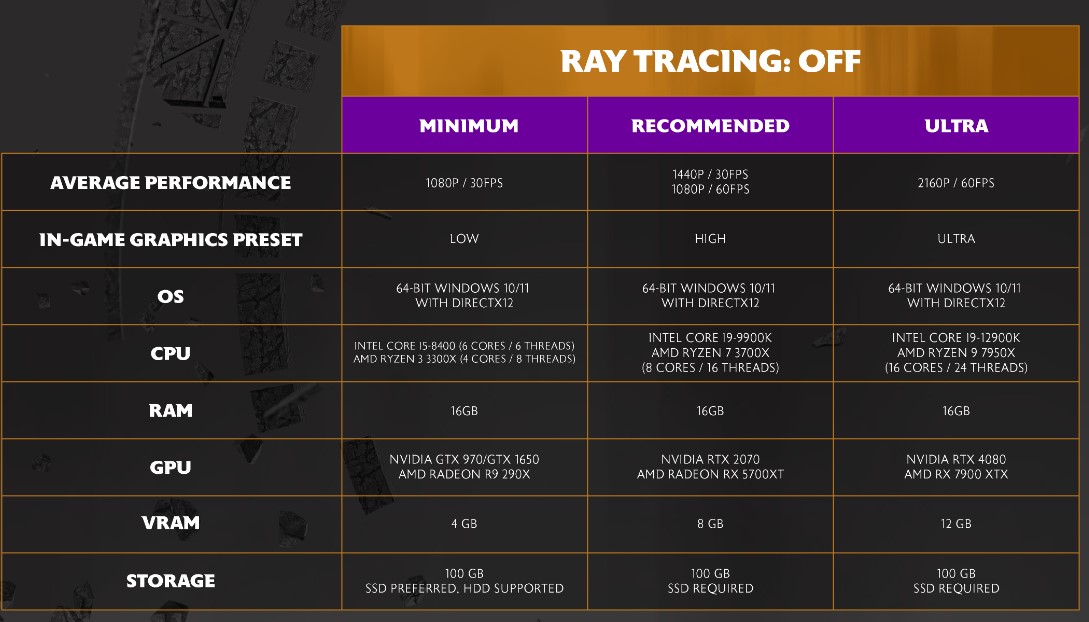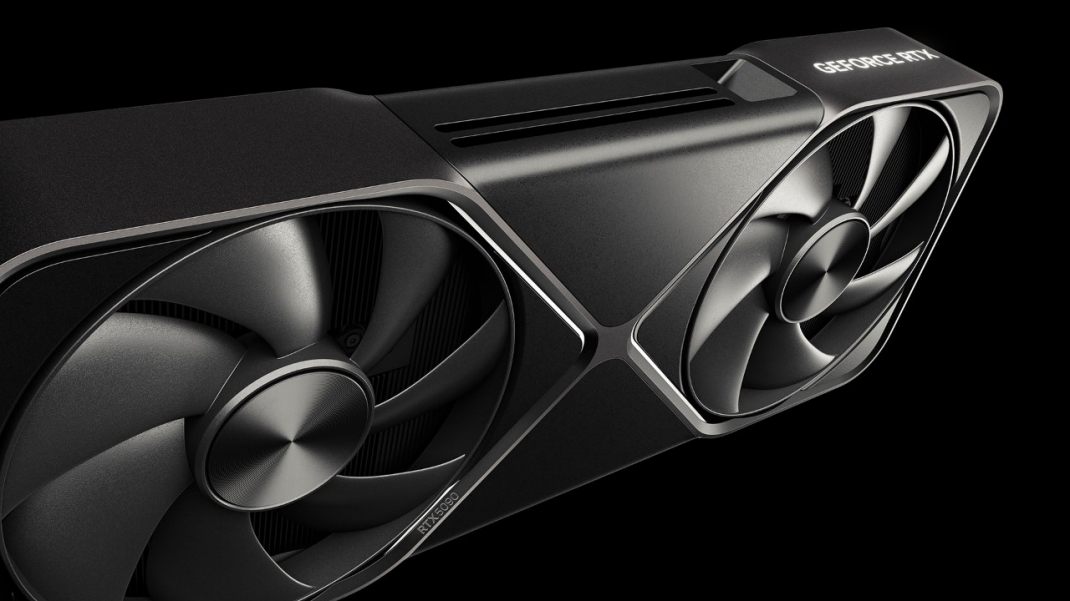- To play Dragon Age: The Veilguard at 4K resolution and 60 FPS, players will need a Ryzen 9 7950X processor and RTX 4080.
- For 1080p at high settings, an RTX 2070 or better GPU is recommended.
- Moreover, the game requires 100 GB of storage on an SSD.
Dragon Age: The Veilguard sure has stunning visual fidelity. However, you’ll need a powerful gaming setup if you want to play at the best graphics—4K resolution at 60 frames per second.
This means using flagship components like the Ryzen 9 7950X processor and RTX 4080 GPU.
Why it matters: BioWare announced they spent over 200K hours testing the game, yet the official requirements point towards an unoptimized PC port.

With Dragon Age: The Veilguard, BioWare has set a high bar for gaming hardware, particularly at the highest settings. If you want to play in 4K at 60 FPS, you’ll need a Ryzen 9 7950X and an RTX 4080 to support the game’s demanding visuals.
These powerful components are built to handle high-resolution graphics and complex lighting effects, dynamic environments, and the dense worlds BioWare is known for.
While the demands for a 4K/60FPS experience are high, BioWare has ensured that Dragon Age: The Veilguard remains accessible for more PC gamers. For those playing at 1080p with lower settings, the minimum requirements are much easier to meet.
An Intel Core i5-8400 or AMD Ryzen 3 3300X and a GTX 970 or GTX 1650 will allow for the lowest settings. These specs are aimed at users who want to enjoy the game without stressing their hardware.
Even at these lower settings, The Veilguard promises decent visuals, though it won’t feature all the advanced graphics. To play at high settings at 1080p, the game will require players to have RTX 2070 or a better GPU.

Additionally, Dragon Age: The Veilguard requires 100 GB of storage on SSDs, which has become standard for modern games. This large file size comes from its high-resolution assets, detailed environments, and over 700 characters.
However, BioWare has also ensured that players with mid-range setups can still enjoy the game. The developers’ only problem is that the game still hasn’t entered Steam’s top-sellers list two weeks before launch.
What do you think of Dragon Age: The Veilguard’s requirements? Is your rig ready for the game? Let us know in the comments below or join the discussion at Tech4Gamers’ official forum.
Thank you! Please share your positive feedback. 🔋
How could we improve this post? Please Help us. 😔
Passionate gamer and content creator with vast knowledge of video games, and I enjoy writing content about them. My creativity and ability to think outside the box allow me to approach gaming uniquely. With my dedication to gaming and content creation, I’m constantly exploring new ways to share my passion with others.




